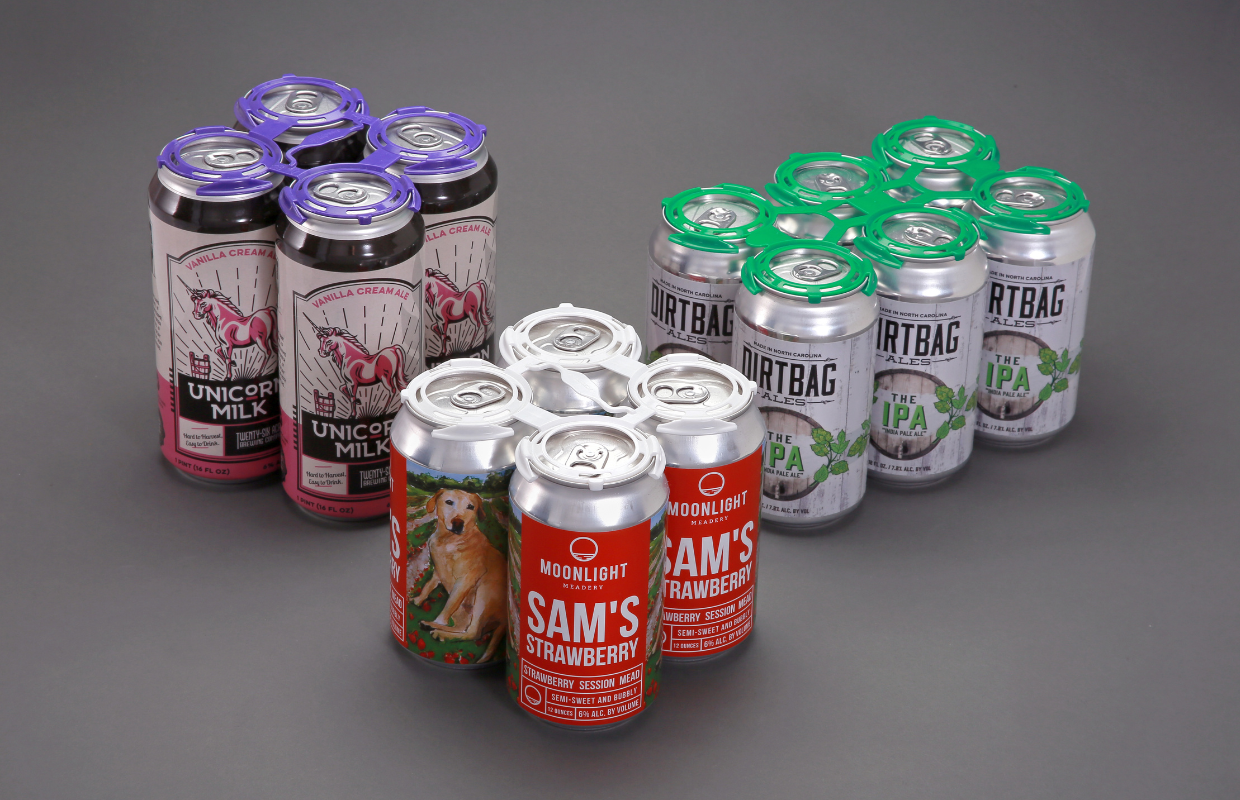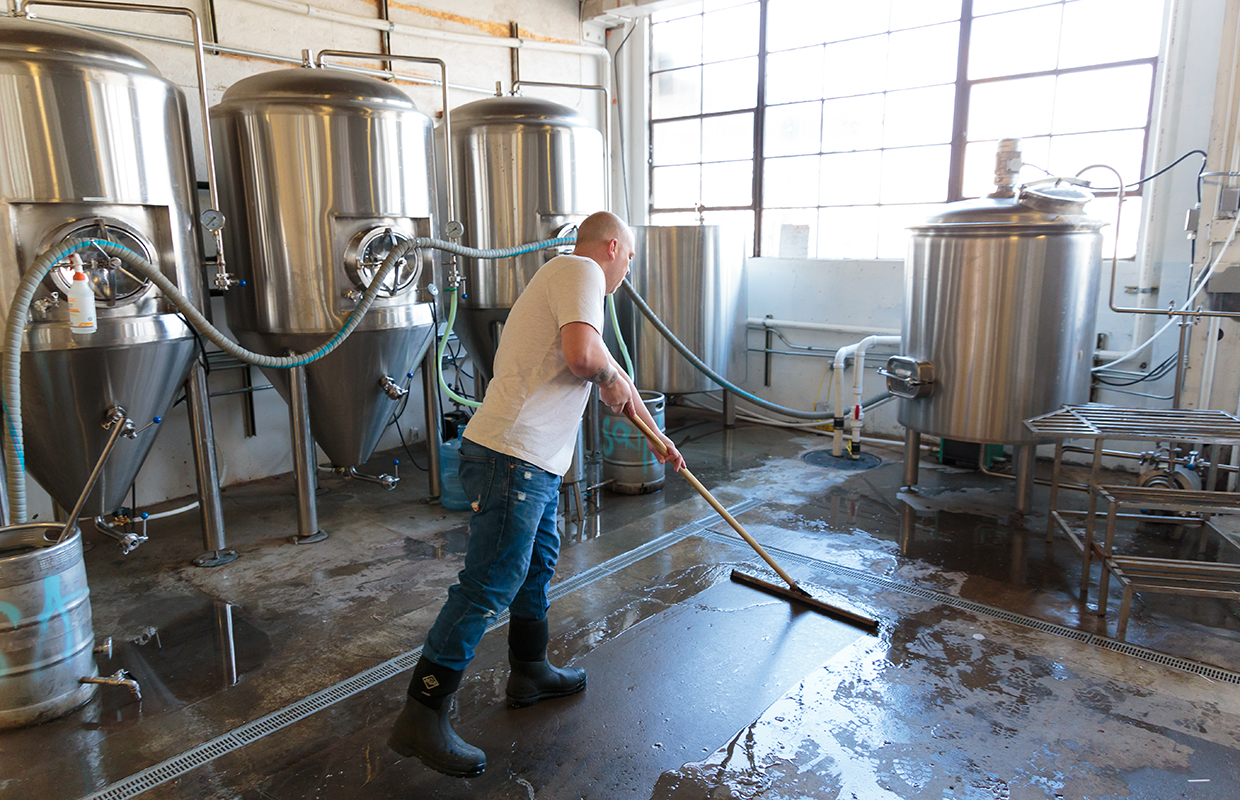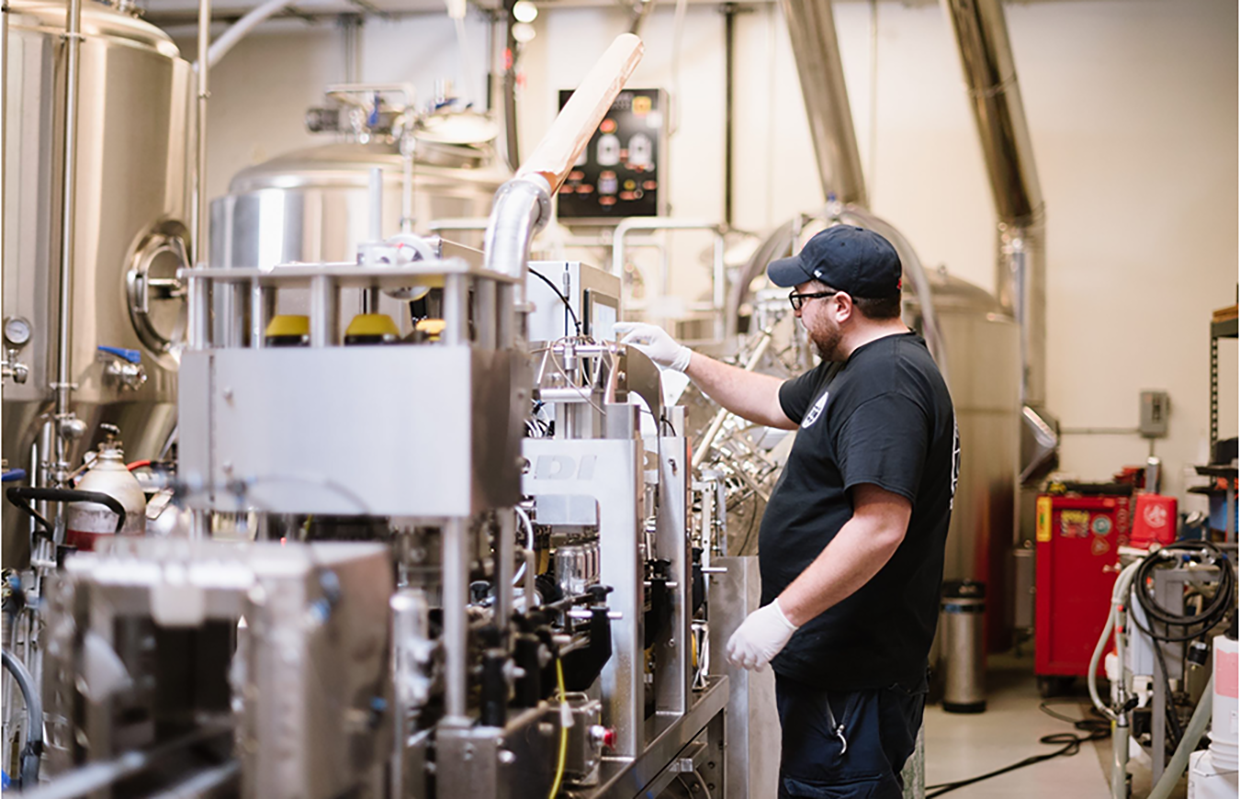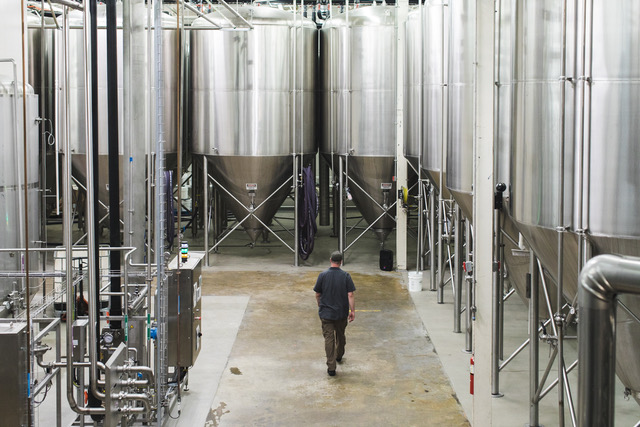
Ready-to-Drink (RTD) beverages are a rapidly growing segment of the beverage industry, with demand increasing for products such as coffee, tea, seltzers, cocktails, energy drinks, and more. As new RTD beverages appear, craft brewers across the country have to adapt their products and packaging to stay competitive in the beverage industry.
As craft beverages and RTD products continue to evolve, there are several trends to watch out for in 2023. These include sustainability, new can shapes and sizes, shrink-and-stretch labels, and more efficient packaging lines.
1. Sustainability
Sustainability is a major concern for consumers, and the beverage industry is no exception. To meet this demand, many beverage manufacturers are turning to aluminum cans, which are recyclable and have a lower carbon footprint in production compared to other packaging options. This has led to a rise in the use of aluminum cans for a variety of drink options, including craft and domestic beer, soft drinks, wine, kombucha, and even ready-made coffees and teas.
Whether packaged in a can or bottle, most craft brews and RTD beverages are sold in multipack options. Some use paperboard cartons, plastic carriers, or plant/fiber-based carriers to pack beverages into 4-, 6-, 8-, or 12-packs. While plastic-alternative carriers sound like a sustainable choice, efforts to use these solutions may do more harm than good. Paper and plant-based packages typically include a layer of plastic coating to make the product more durable, which makes them difficult to recycle. To address these concerns, Roberts PolyPro created 100% biodegradable Grip-Pak™ can rings and 100% recyclable Craft-Pak™ can carriers. Craft-Pak is reusable and uses 30% less plastic than competitive plastic carriers.
2. New Can Shapes and Sizes
RTD beverages such as coffees, teas, wine coolers, and pre-mixed cocktails, have seen a rapid increase in demand due to their convenience and taste. With this surge in product variety comes the need for packaging diversification. Craft beverage packaging has a significant amount on influence on consumers when selecting beverages.
We’ve seen a variety of can shapes, sizes, and packages become popular on shelves across the country. For example, slim cans are becoming increasingly popular for craft beers, spirits, and RTD cocktails due to their association with lower-calorie options. Craft-Pak can carriers are compatible with standard 12-, 16-, and 19.1-ounce cans, as well as 12-ounce slim cans, and can help you save packaging costs on each multipack. They also come in a variety of colors to match the look and feel of your brand.
3. Shrink and Stretch Labels
Your can design can be your strongest form of advertising. The package shape and size, carrier, and branding can make or break your product’s chances of making the leap from shelves into shopping carts. The visual label on your package is extremely important, and you need reliable packaging solutions to make sure your design translates properly onto the can.
Shrink and stretch labels are gaining popularity in the canned beverage market due to their sustainability and customization options. Pre-printed cans take up a lot of space to store, and they often require large order minimums. Shrink-sleeve labels have quicker turnarounds, allowing you to get products to market faster. With lower order minimums, they are also helpful for companies focusing on product diversification. Learn more about the variety of options available in the market from the leading supplier of shrink-sleeve label applicators.
4. More Efficient Packaging Solutions
Greater efficiency means more products hit the shelves. If improved production is one of your goals for 2023, then there are some key areas to consider for efficiency improvements.
Are your processing operations efficient at producing high-quality beverages? Many craft brewers are turning to processing companies like TechniBlend to improve quality and increase yield through blending, batching, carbonating, and filling technology and equipment, especially with the growth of diversified RTD beverages.
Some beer and nonalcoholic beverage manufacturers are turning to Wexxar Bel’s semi-automatic packaging solutions to increase productivity and improve production rates, all while maintaining the integrity of the end product. Paired with a Roberts PolyPro can handle applicator, it’s possible to completely automate your packaging line.
In conclusion, the beverage industry is constantly evolving, and these trends show that sustainability and packaging are top priorities for consumers. As we see more product diversification than ever before, beverage manufacturers and craft brewers should take note of these trends and be prepared to adapt to changing market demands.




Be the first to comment